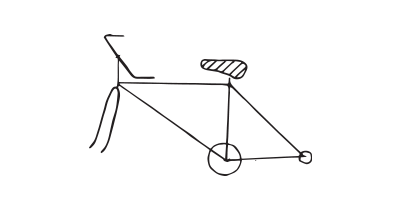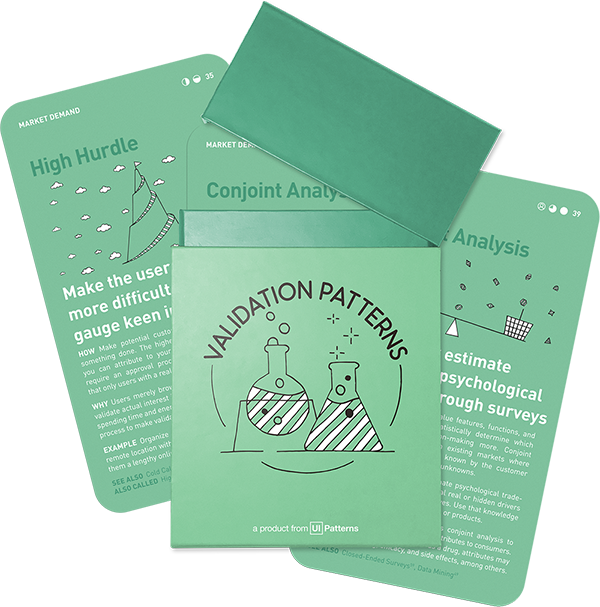
How: Purposely remove or disable a product feature or function without notifying your existing customers. If it is a valued feature, you will hear from your customers – if not, it was probably a good idea to remove it after all. Consider removing the feature for a specific segment of users.
Why: The primary purpose of the experiment is to eliminate unnecessary features that may distract the user or otherwise add complexity to product maintenance without adding value. If you are unsure whether an existing feature or function of your product is valuable to your customers, this is the most effective way to find out. While some users may be particularly vocal and complain about a change, that does not necessarily indicate that removing the feature is negative for the larger user base.
An easy, but sometimes grim experiment to run
By purposely removing a product feature without notifying customer, you will soon find out whether somebody will be missing it. Removing a feature commonly used will generally cause an immediate negative reaction from users, why it is relatively easy to identify changes in user behavior.
Even though users are likely to react, it is important that you also keep an eye on key metrics and user behavior to make a final decision. Even though your users did not use the particular feature as a core offering and did not complain when you removed it, removing it can be the cause of immediate confusion as they browse through the rest of your product.
In the opposite end of the spectrum, some users can be particularly vocal about your change, even though it’s hard to spot any significant trends in your usage data.
When removing a feature from a product with a large user base, expect to let time pass for user behavior to stabilize and initial complaints to stop.
Real life Takeaway Test examples
Instagram's Removal of 'Likes' Count
Instagram tested hiding the ‘likes’ count on posts in several countries to see how it would affect user interaction and mental health. This significant change in a core feature of the platform was an example of testing a feature’s impact before a global rollout.
A collection of 60 product experiments that will validate your idea in a matter of days, not months. They are regularly used by product builders at companies like Google, Facebook, Dropbox, and Amazon.
Get your deck!- The real startup book by Tristan Kromer, et. al.
